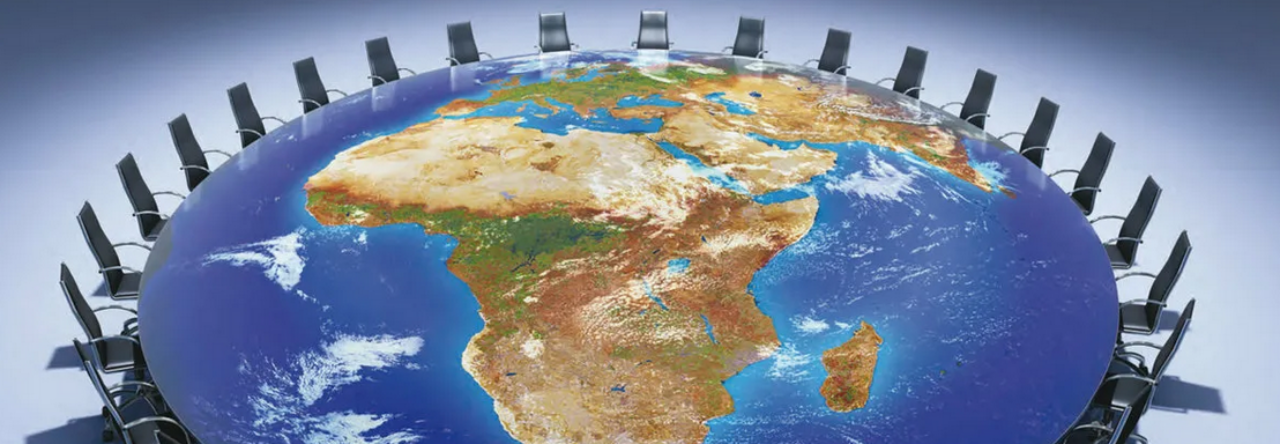PRE-VIEWING TASKS
Share your knowledge of Twitter Diplomacy. Consider its advantages and drawbacks.

Twitter diplomacy, or Twiplomacy, is a form of digital diplomacy, refers to the practice of conducting public diplomacy using the social media platform X (formerly known as Twitter) by heads of state and diplomats, as well as leaders of intergovernmental organizations (IGOs). Public officials have used Twitter for a wide range of diplomatic communication. This includes, but is not limited to, making official announcements, sharing foreign policy updates, and communicating directly with the public. As Constance Duncombe (University of Copenhagen) points out, Twitter does not simply provide yet another platform for dialogue between states but «challenges traditional notions of diplomacy according to which it occurs through formal channels of communication and informal face-to-face social engagements.»
WHILE-VIEWING TASK
1. Watch the Lead-in to the round table and one round of speakers. Answer the questions:
What are the upsides and the downsides of twitter diplomacy mentioned by the panelists?
2. Analyze the episode from the point of view of delivery: behaviour of the chair and the attendees.
What does the host do during the discussion? How does he make sure everyone has a say?
3. Here are some of the phrases that mark stages in the discussion and indicate turn-taking. Put them in the order they appear in the round table discussion.
____ Correct me if I am wrong.
____ This is the point I was going to bring up today.
__1__ With me at the round table we have …
____ Let’s start with the two ambassadors.
____ This is what I was wondering.
____ What I am wondering now is how ….
____ Let’s move it around. We are going to Tel-Aviv with this one …
____ Yes, Richard, no, please. Then I’ll come back.
____ Sorry. I was gonna say … I think it’s important…
____ We’re talking about the diplomacy side …
____… You’re probably right that …, but …
3. What is the function of each phrase above (what purpose does it serve)?
4. How does the host close the discussion?
POST-VIEWING TASK
Analyze the episode from the point of view of its content: novelty of the ideas, validity of the argumentation. Make use of the expressions below.
offer criticism
increasingly assertive approach
engage directly/ interaction
follow a trend
amplify the risks/ complicate the situation
complement the art of diplomacy
subtlety/ process development
consideration of a subject/ militate against proper consideration
battle for attention
immediately unfolding debate/ inclusiveness in debate/ add a contribution to a polemical debate
news management/ news agenda management/ advertising tool
escalation of tension/ misunderstanding
generate a policy/ integrate into policy formulation process
attention caution/ prudence
